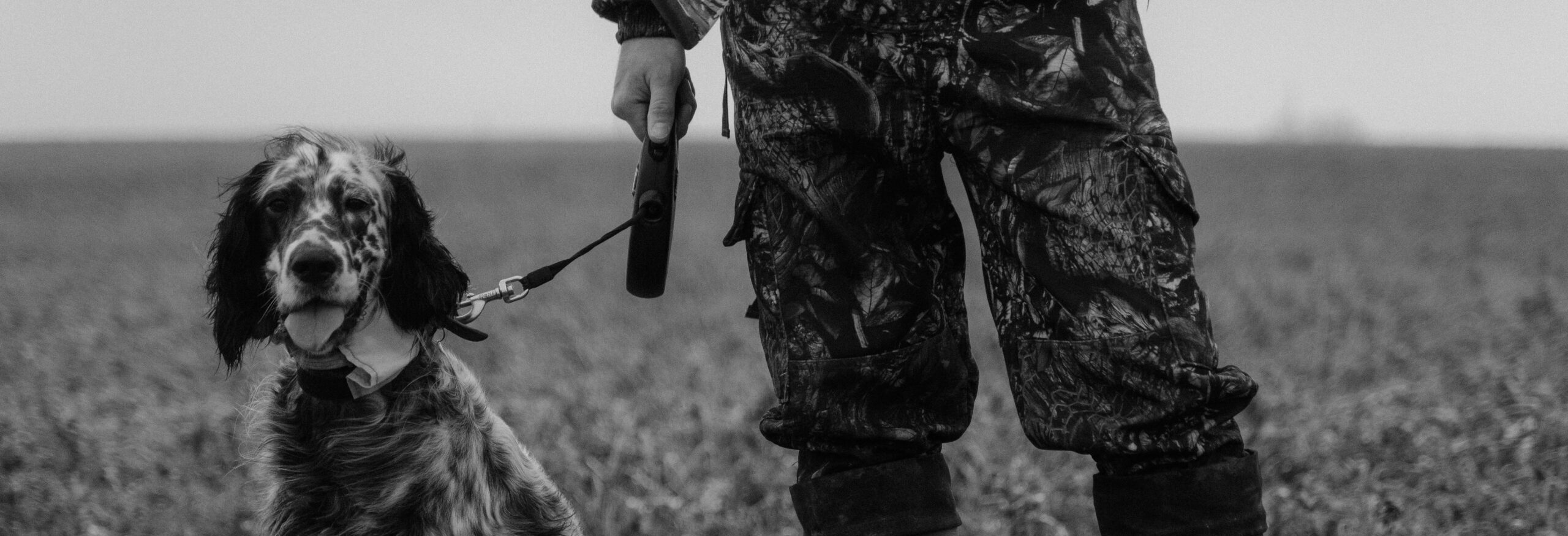‘Tis the season for camo, foothills that are sprouting pickup trucks, and men, women and children afoot on varying terrain armed with rifles, bows, and dogs. If you are a landowner, there is a good chance you have been approached by someone seeking permission to hunt on or traverse your land. Before counting points on bucks, here are some points for landowners’ consideration to prepare for this season.
Get a signed lease. A hunting lease will provide clarity and protection to all parties by defining access, laying out expectations, addressing property management and use, and providing some liability protections. Agreements should be documented in writing with detail to prevent any confusion or misunderstanding of the agreed terms and as insurance should a dispute or issue arise. When drafting a lease, be specific and thorough. The danger of a “simple” lease is that most lease disputes don’t arise over terms that are clearly set forth in the lease, but rather most disputes arise from terms that are not addressed in the lease. Among the important lease terms such as naming the lessor(s) and lessee(s), payment terms, length of lease, liability, identifying the property and access points, remedies for breach and the like. A thorough hunting lease should address management kills, ATV use, fence and trail repairs, fallen trees, feeding plots, use and location of outbuildings, blinds and tree stands, whether guests are permitted and how many at once, communication with lessor, whether the hunting rights are exclusive or nonexclusive, wildlife that may be hunted, known or potential hazards, and other considerations of important to either party. If a dispute arises, a court will first look at the lease, and only the lease, to resolve it. Absent extenuating circumstances, additional agreements or promises which are not reflected in the lease itself will not be enforced.
Reinforce to anyone hunting on your land that it is their responsibility to know the property boundaries. It is unlawful for hunters to track or retrieve wounded game on private property without permission. Hound hunters should check to see if their state has a right to retrieve law. These statutes generally allow the owners of hunting dogs to enter upon the land of another without permission for the purpose of retrieving their hunting dogs. Virginia’s 100-year-old statute was recently challenged by a group of landowners arguing that Virginia’s right to retrieve law amounted to a taking of private property without just compensation, converting their private property to public use.[1] Despite alleging that hounds were a nuisance which had killed a landowner’s chickens and would spook horses allegedly justifying compensation from the state, the circuit court held that the law was merely an exception to criminal trespass and did not deprive the landowners of any property rights. In response, Virginia’s Board of Wildlife Resources considered two proposals which would have required hound hunters to use GPS collars and make reasonable attempts to prevent their dogs from entering another’s property. Though it was questioned whether the Board had authority to require such measures, both were ultimately rejected.
Hunting leases are contractual agreements to which every other basic principle of contract law applies. Make sure leases are written, thorough, and reviewed by a knowledgeable agricultural attorney licensed in your jurisdiction. If you are hunting on your own land or that of others, know the property boundaries and as necessary, consult with a local attorney on your state specific laws related to one of the oldest practices in the world.
[1] Medeiros, et al v. Virginia Dep’t of Wildlife Res., Record No. 230691 (Va. Sept. 26, 2024) (unpub. order).
Friedel, Jennifer Shaver. “Preparing for the (Camo) Season.” Southern Ag Today 4(47.5). November 22, 2024. Permalink

